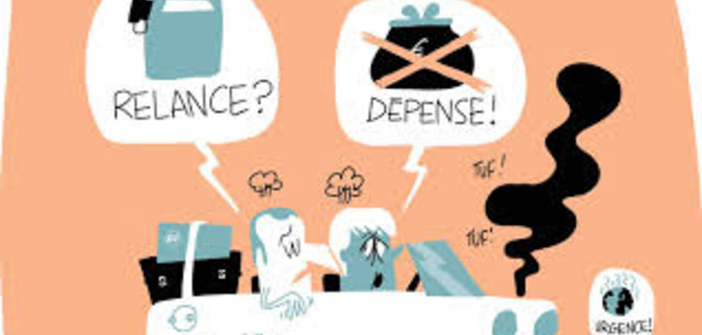The rhetoric of war is currently more in words than in actions.
The analysis of the situation is simple: no EU member state would be spared “by this socio-economic tsunami” without a common response.
Many economic experts agree that mutual debt would make sense at the EU level, but the idea has always been controversial. It has often been argued that the EU does not have the attributes of a state and does not control all economic levers.
While France and Italy have already supported the issuance of joint eurobonds during the 2010-2012 sovereign debt crisis, Germany notably rejected this idea and emphasized the individual responsibility of EU member states to maintain their finances in order.
The debate has not fundamentally changed since then: given the severity of the situation, EU leaders are urged to consider all possible instruments, including the issuance of “coronavirus bonds” or using a European guarantee fund.
Another option would be to use the European Stability Mechanism (ESM), the eurozone’s “rescue fund.” This could currently make 410 billion euros available.
However, the Finance Ministers of the member countries are still not in agreement on the implementation of a common EU-wide stimulus plan.
One can only trust the president of the Eurogroup, Mario Centeno: “We are not ruling out any possible solutions. Rest assured that we will defend the euro with all that we have.”
Meanwhile, investors are creating instability in the financial markets.


